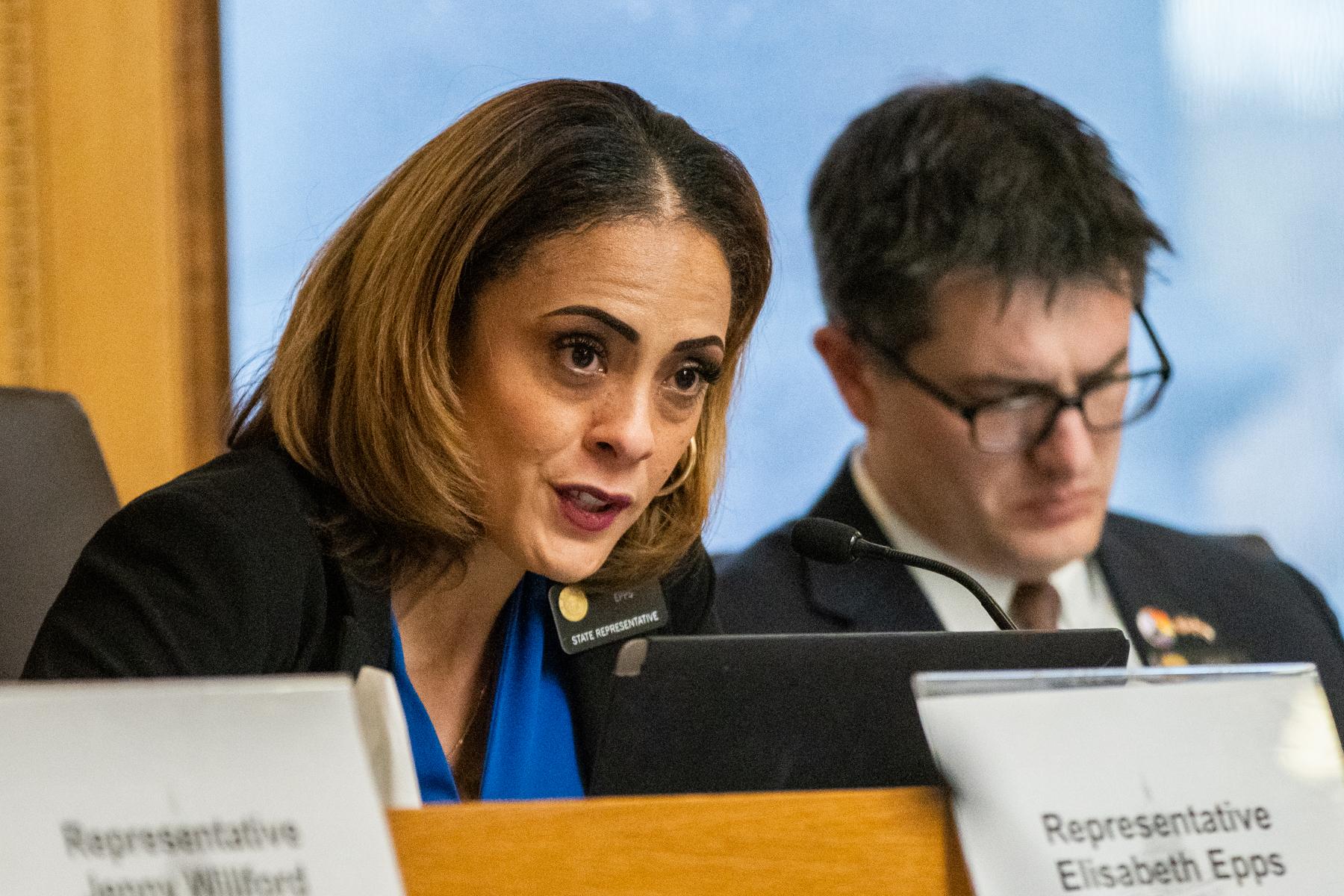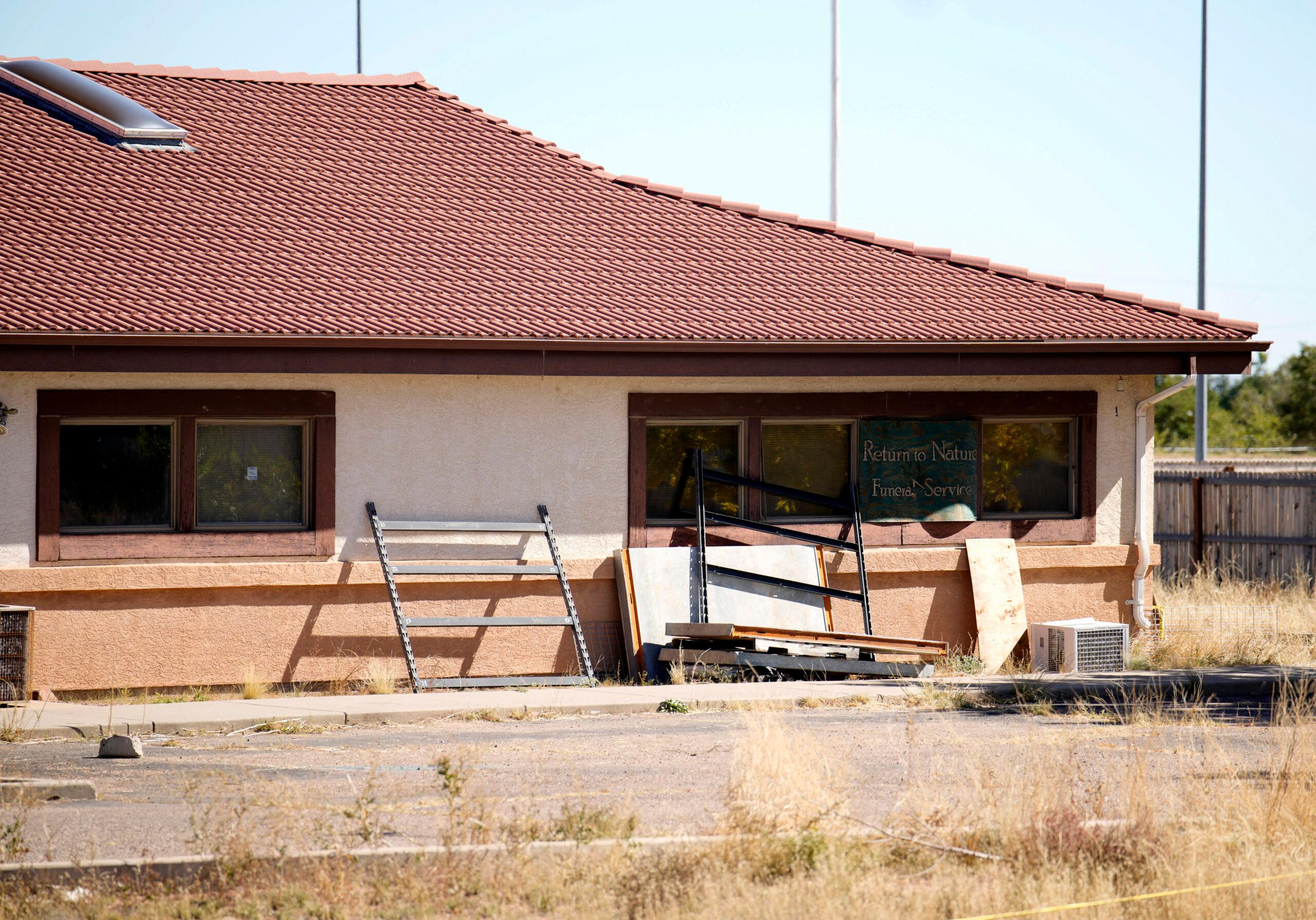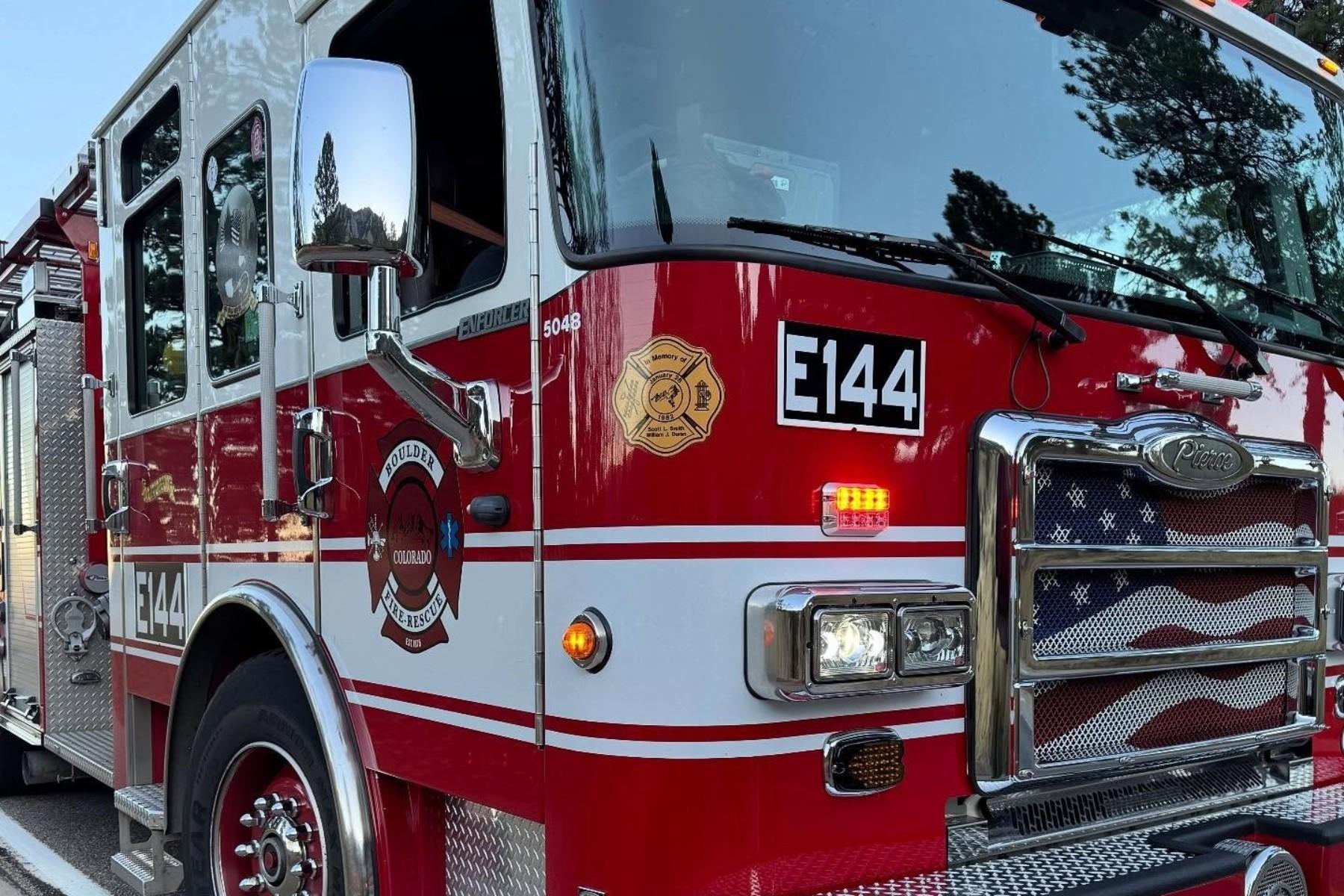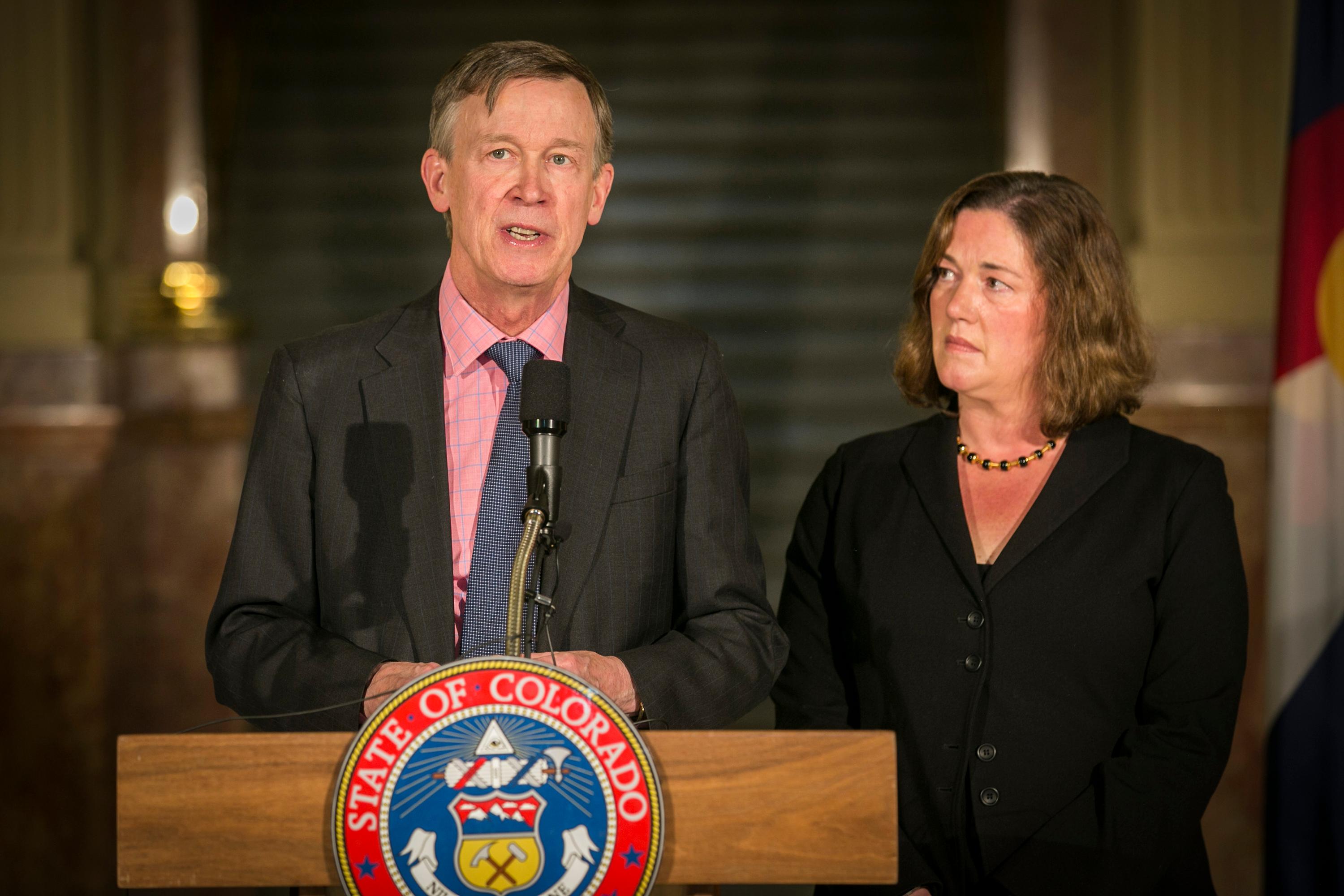
Updated: 5:44 p.m. July 10, 2023
Rep. Elisabeth Epps and Rep. Bob Marshall, both Democrats, have filed a lawsuit against their own leadership to stop what they allege is a culture of secret meetings and backchannel discussions among both Democrats and Republicans at the Colorado State Capitol.
A court complaint filed on Friday alleges that members of both parties routinely break the law by having substantial conversations about public policy without providing required notice to the public. It also targets the widespread use of “ephemeral” messaging apps like Signal, which lawmakers can use to send self-deleting messages to their colleagues.
Marshall said it’s especially common for lawmakers to send disappearing messages to each other during committee hearings when members of the public are at the Capitol to testify on bills. “As the law is written right now, it's illegal what we were doing.”
Legal action was not Marshall's first choice, he said; instead, he pushed for an interim committee to meet over the summer to suggest revisions to open meetings laws and come up with a resolution.
But when that idea failed to gain traction, he and Epps decided to file a complaint.
“This was not a knee jerk reaction. It was long in coming,” he said, comparing the suit to “a loving intervention with an alcoholic that just can't change and won't change.”
The complaint describes several kinds of unofficial meetings that should be open to the public, but aren’t, including frequent planning sessions where Democrats allegedly mapped out how committee meetings would play out, with enough committee members present to constitute a quorum — which could allow them to decide the fate of bills before the committee hearing itself.
“All Democratic Committee members were expected to attend these meetings which included presentations by bill sponsors, question and answer period, and discussion of members’ expected votes. These meetings were never publicly noticed. Defendants directed legislative aides to omit or disguise these mandatory meetings from Representatives’ calendars. Defendants did not promptly record meeting minutes and did not make minutes available to the public,” the complaint alleges.
The complaint also claims, “on information and belief”, that Republicans held similar committee planning meetings.
‘She inherited the swamp’
The Colorado Open Meetings Law, which governs public bodies including the House itself, states that any meeting of “two or more members of any state public body at which any public business is discussed” must be open to the public. And when there is a meeting with a quorum of members — such as the alleged committee planning sessions — the public must be given “full and timely notice.” Public bodies also must produce and share meeting minutes.
Referring to their allegations, the lawsuit states: “Plaintiffs were assured, separately and repeatedly, by House Leadership that these unlawful practices would be properly addressed. Unfortunately, violations persist.”
The suit argues that Epps and Marshall were put in the impossible position of either breaking the law by participating in the off-the-books planning sessions — or being left out of “critical discussions.”
The suit, filed in Denver, asks the court to ban state lawmakers from continuing the alleged practices, and asks that the defendants pay reasonable attorneys fees for the plaintiffs. The lawsuit names as defendants House Speaker Julie McCluskie, House Majority Leader Monica Duran, House Minority Leader Mike Lynch, and both the Democratic and Republican caucuses as a whole.
“House Democratic leadership is committed to open and transparent government and ensuring a fair and public process for policymaking. We are still reviewing the complaint in full, and we stand by our caucus - dedicated public servants who work tirelessly on behalf of their constituents,” McCluskie and Duran said in a written statement.
While the suit is directed at House leadership including Speaker McCluskie, Marshall said he doesn’t place the blame squarely on her.
“She inherited this swamp. This swamp has been a swamp for decades.”
House Republicans spokesman Roger Hudson wrote that the lawsuit “is what Coloradans hate about politics at the Capitol,” referring to “infighting and expense.” But he added that “the people of Colorado deserve access to their government through comprehensive open meetings and open records laws — we welcome any conversation that will update our statutes to keep up with rapidly evolving technology.”
Republican and Democratic leaders did not immediately respond to more specific questions about whether see any merit in the lawsuit's claims that a culture of secret and potentially illegal policymaking has taken root at the Capitol.
Jeff Roberts, the executive Director of the Colorado Freedom of Information Coalition, called the lawsuit unprecedented. He could not think of another example of state lawmakers suing their leadership, much less their entire caucus, and said that’s what gives it more power.
“The reporters who cover this statehouse — and I used to be one of them a long time ago — often suspect that meetings happen behind closed doors that should be open to the public, and sometimes they try to force the issue, and members of the public might suspect that as well. But you may not know the extent of it if you're not one of the people involved.”
He said he hopes the case leads to a change in the way lawmakers conduct business.
“The only way to enforce Colorado's open government laws is through the courts,” said Roberts.
The plaintiffs’ attorney is noted transparency lawyer Steve Zansberg, who also represents CPR News in First Amendment and open records cases.
Epps and Marshall just finished their first year in the House together. They come from opposite political wings of the party, but seemed to build a working relationship throughout session.
“We're supposedly polar opposites politically, but we're very close personally,” Marshall said.
This isn’t Marshall’s first foray into enforcing Colorado’s sunshine laws. In 2022 he sued four Douglas county school board members for holding closed door meetings to discuss replacing the Superintendent Corey Wise, who was ultimately fired.
A Colorado district court judge ruled that the school board did in fact violate the Colorado Open Meetings Law.
For this latest legal action, Marshall said ultimately he just wants to make sure the public can see what state lawmakers are discussing, whether it’s in person or electronically.
“My hope is if we get an injunction and it makes it clear we have to follow the law and our colleagues realize what that means, then we will come back and immediately revise it into a workable solution.”









